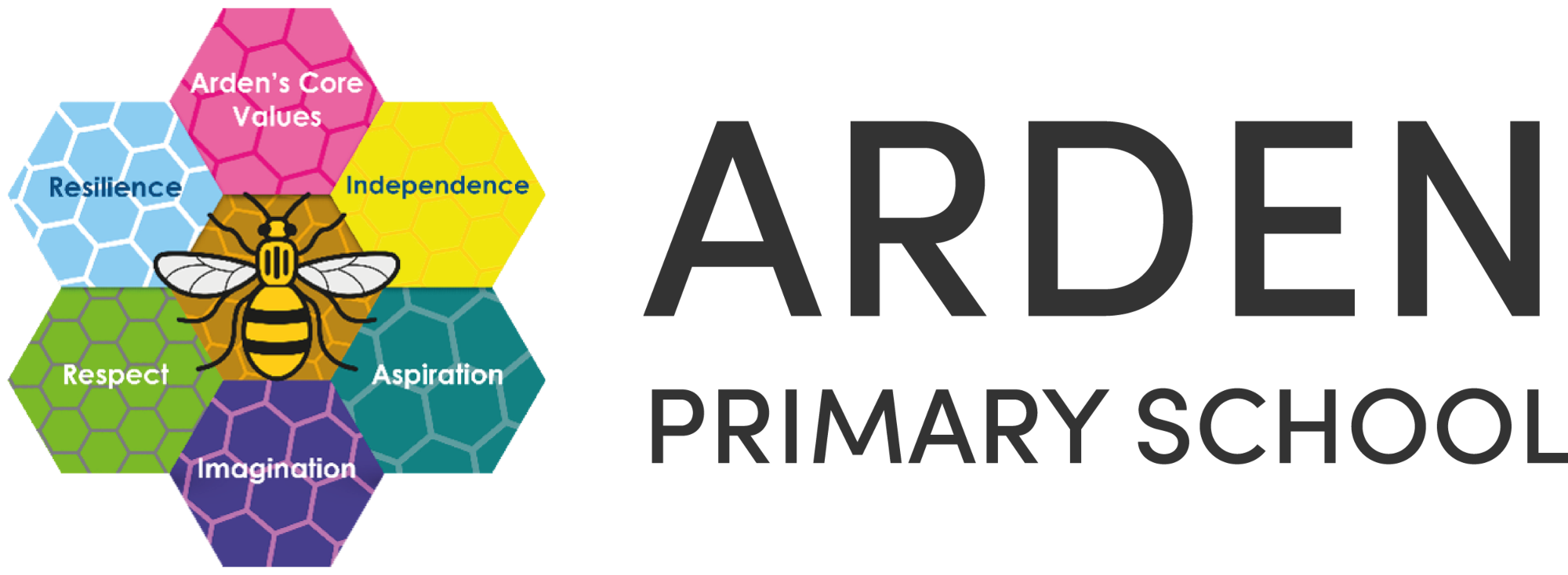Maple
Behaviour Mentor: Mrs C Terry
Behaviour Assistant: Mrs K Saint
The Maple Room at Arden has been running successfully since 2017. The purpose of Maple is to allow pupils to develop into happy and independent children who can self-regulate and thrive, giving pupils the support they need to be able to work within a mainstream classroom full time.
The aim is for Maple to provide a safe, calm environment where:
- Challenge is controlled
- Wellbeing is promoted
- Resilience is encouraged
The classroom is appropriately resourced with purpose-built equipment, relevant resources and soft furnishings designed to offer:
- A safe place to have time out when needed
- A place where we train our Restorative Ambassadors and also practice and promote Restorative Approaches
- A low challenge/high nurture environment for pupils to complete work set by the class teacher
- The opportunity to participate in group discussions/activities to promote wellbeing, appropriate play and communication
- A place where children can gain skills and coping strategies to allow children to cope in a mainstream classroom full time
- Specific, topical support groups including transition support, anger management, anxiety and self esteem
- Promotion of Arden's SEND, Behaviour, Attendance and Inclusion policies
